
Canada: Bank of Montreal and Simplii Financial hit by hackers
Over the weekend, the Bank of Montreal and Simplii Financial both issued statements indicating that they had fallen victim to hackers. In the case of Simplii Financial, around 40,000 customer accounts have been affected, but numbers have not been revealed for the Bank of Montreal.
Both banks' statements indicate that they were contacted by "fraudsters" on Sunday, May 27, but it is not clear whether the two incidents relate to the same group.
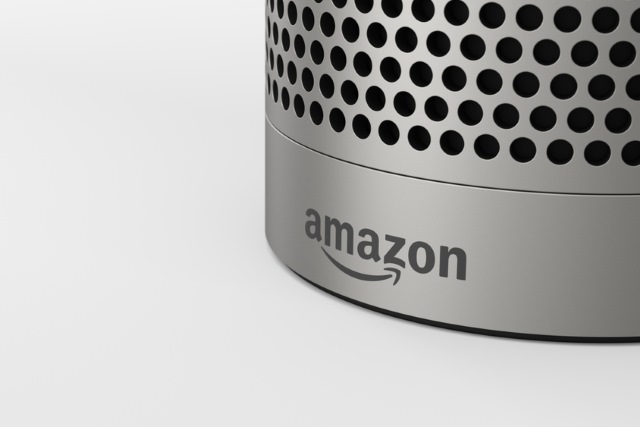
How to check which of your conversations Alexa has been recording -- and delete them
There was concern recently when a couple of Alexa users found that the smart assistant built into their Amazon Echo had not only recorded a conversation they had been having, but had sent it to an acquaintance.
Since this story broke, it is entirely understandable that other people who have Alexa listening in the background are worried that something similar could happen to them. If you want to check whether Alexa has been secretly/inadvertently recording you (delete according to your prejudices), we can show you how. If you find any recordings you want to ensure no one else hears, you can also delete them.
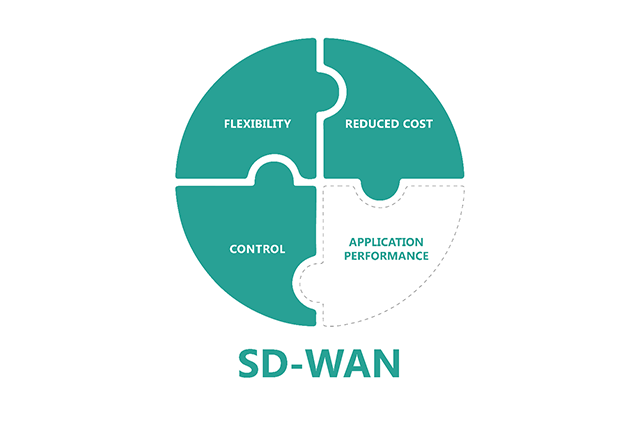
Why SD-WAN is the right way to enable a digital business
An IDC survey of mid-market enterprises found that that enterprises are embracing SD-WAN-based infrastructure services. The survey identified that drivers include better automation, bandwidth optimization, consistent application security and self-provisioning.
IDC Network Infrastructure vice president Rohit Mehra noted that the enterprise WAN is rapidly being "re-architected to cost-effectively deliver new, secure capabilities" and that adapting SD-WAN is a "key ingredient for success." Good advice, no doubt, but let’s dig a little deeper. Here are the reasons why SD-WAN is the right way to meet your digital business needs today -- and tomorrow.
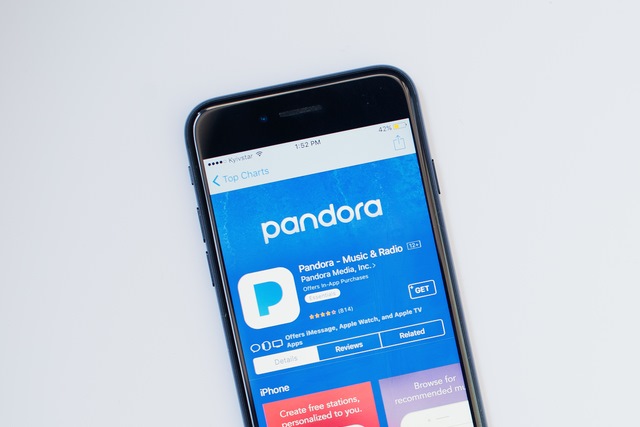
Pandora launches unlimited Premium Family plan for $15 per month -- with a 60-day free trial
With so much choice in the field of streaming music, any package on the market has to offer something special to stand out from the competition. Looking to better compete with the likes of Apple Music and Spotify, Pandora has launched a new Premium Family package.
The new package offers unlimited access to all of Pandora's premium features for up to six people. The price is just $15 per month, but there's a 60-day free trial available so you can try it out for size first.

Why the IIoT and edge computing are pushing data to the fore [Q&A]
The possibilities born out of the Industrial Internet of Things (IIoT) may seem endless as the scale of what it can accomplish continues to rise. By adding edge computing into the equation, the benefits for enterprises increase even further due to the real-time capabilities it enables.
With this shift comes an increased focus on data, which is at the heart of all IIoT and edge deployments. However, some enterprises are in different stages than others when it comes to utilizing that data and getting the most actionable results out of it for valuable business decision making. We spoke with Jason Andersen, VP of business line management for infrastructure availability company Stratus Technologies, to find out more.
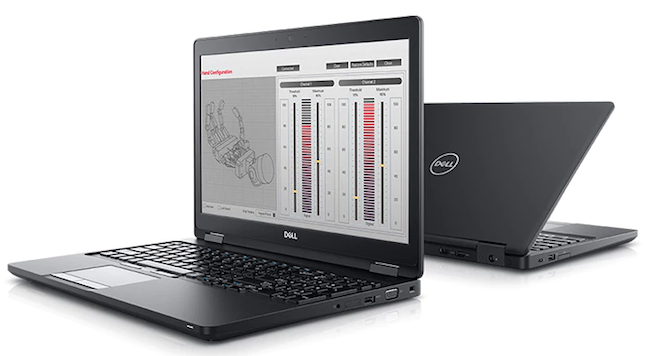
Dell Precision 'Developer Edition' mobile workstations run Ubuntu Linux and are RHEL certified
While Dell is mostly known as a Windows PC manufacturer, the company is also a big proponent of Linux. Its "Developer Edition" models can be configured with Ubuntu, for instance. Of course, despite this branding, non-developers can buy them too. The XPS 13 "Developer Edition" in particular is a svelte machine that should make many home Linux users very happy.
In addition to home users, Dell manufactures solid business-class mobile workstations, and the company recently announced four such Linux-powered models. These Precision "Developer Edition" laptops run Ubuntu and are RHEL certified. One of these notebooks, the Precision 3530, is available today, while the other three will be available soon.
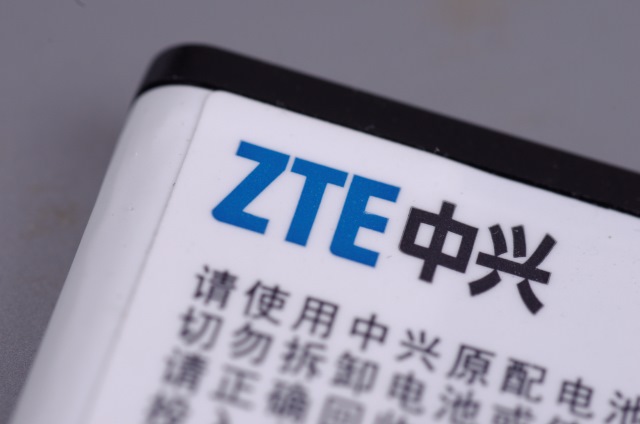
Trump to hit ZTE with $1.3 billion fine before it can operate in the US again
Having slapped Chinese company ZTE with a denial order which significantly hampered its US operations, President Trump has said that the firm will pay a $1.3 billion fine and change its board and management in order to continue to operate within North America.
ZTE had complained that the denial order was unacceptable, and Trump has more recently indicated a desire to get the company "back into business". Now it seems that the president has come up with a deal that involves the Chinese telecoms firm not only making security guarantees, but also buying components from US companies.
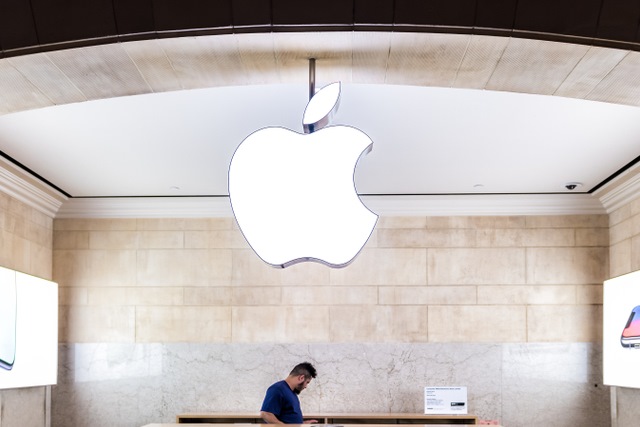
Apple to add details of government app takedown requests to transparency report
Apple has announced that it is to expand the scope of its twice-yearly transparency report. Starting with one of its next report -- the one which will cover the period July 1 to December 31, 2018 -- the company will share details of government app takedown requests.
The announcement was tucked away in the latest transparency report, in which Apple shares details of "Government and Private Party Requests for Customer Information". The company says that it takes the protection of user data very seriously, and this addition to the report sees Apple demonstrating this by providing even more information.
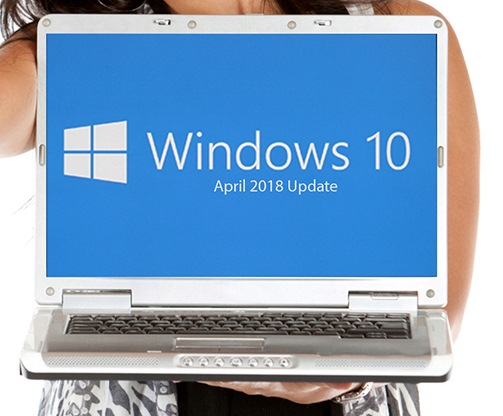
Avast fixes the issue that caused problems with Windows 10 April 2018 Update
It's just a couple of days since Microsoft temporarily disabled Windows 10 April 2018 Update on PCs running Avast antivirus. Just as with certain SSDs, a compatibility issue was making the update problematic.
But now Avast says it has identified the issue and is working to push out an update to people that will avoid the problem. The company also has instructions for people whose computers have been left sitting in a blue screen state.

Mystery donor pledges $1 million to The GNOME Foundation
Despite being the default desktop environment for the two most important Linux distributions in the world -- Fedora and Ubuntu -- GNOME is not a money-making project. Actually, it is run by a non-profit called The GNOME Foundation that relies heavily on donations from both organizations and individuals. That's what makes GNOME so extraordinary -- the high quality desktop environment and apps are largely a labor of love.
Today, The GNOME Foundation makes a shocking revelation -- a mystery donor has pledged $1 million dollars! We don't know who is promising the money -- it could be a rich man or woman, but more likely -- and this is pure speculation -- it is probably a company that benefits from GNOME, such as Red Hat or Canonical.

Kaspersky Total Security 2019 cleans misbehaving apps and browser extensions
Kaspersky has released major new versions of its security suites with the launch of Kaspersky Internet Security 2019 and Kaspersky Total Security 2019 for Windows PCs.
The suite -- which is also available (but not yet updated) on the Mac -- concentrates on improving and refining existing components, with highlights including support for removing troublesome applications and browser extensions.
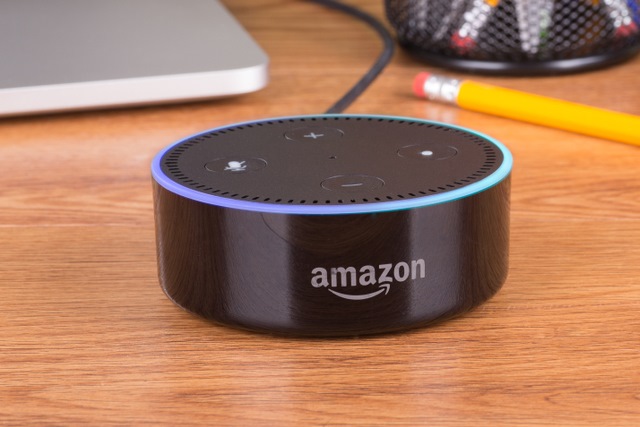
Amazon Echo secretly records couple's conversation... and then sends it on to a contact
There have long been accusations that digital assistants such as Amazon's Alexa and Apple's Siri are constantly listening in on and recording conversations, and recent events in Portland, Oregon are simply going to serve as extra fuel for conspiracy theorists.
A couple were disturbed to find that Alexa not only recorded a private conversation they had in their house, but then sent it on to a colleague as a message. Danielle says she and her husband felt it was "a total privacy invasion", and it is unlikely that Amazon's explanation will do anything to encourage her to use her Echo every again.

Best Windows 10 apps this week
Two-hundred-and-eighty-four in a series. Welcome to this week's overview of the best apps, games and extensions released for Windows 10 on the Windows Store in the past seven days.
Microsoft released a patch for Windows 10 version 1803 that addresses issues with certain SSDs and upgrades. The company recommends that users wait until the June Patch Tuesday to upgrade to Windows 10 version 1803 on affected devices, though.

PayPal now offers payments in Gmail, Google Pay, YouTube and more
PayPal has extended its partnership with Google so it now offers more payment options to its customers.
By integrating more deeply with Google, PayPal now allow you to seamlessly make payments in the likes of Gmail, YouTube, Google Pay and Google Store. As there is support for any service that makes use of Google Pay, users will also be able to make peer-to-peer payments.
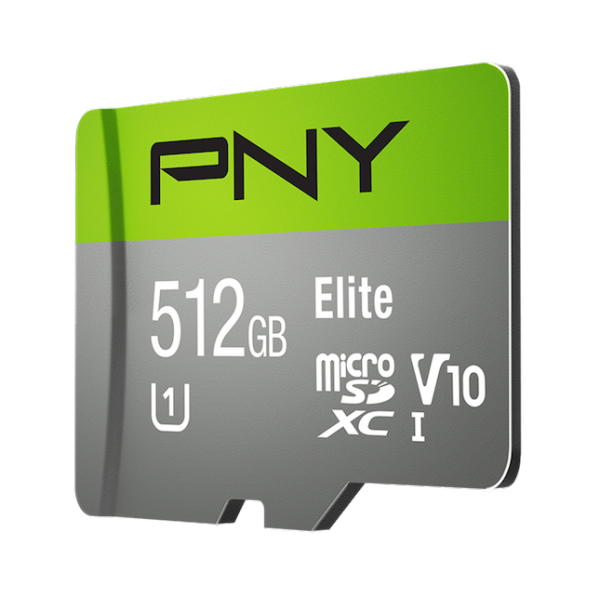
PNY announces 512GB Elite microSDXC card
You can never have too much storage capacity. For instance, when it comes to microSD or SD cards, nothing is worse than running out of room when on vacation -- you shouldn't have to decide which memories to delete from your camera. Not to mention, when shooting 4K video, you can run out of storage even quicker these days.
Today, PNY releases a new Class 10, U1 micro SD card to address this dilemma. With a monstrous 512GB capacity, you can be sure that your camera, drone, tablet, or other device that leverages the micro-sized card will have plenty of room for storing content.



